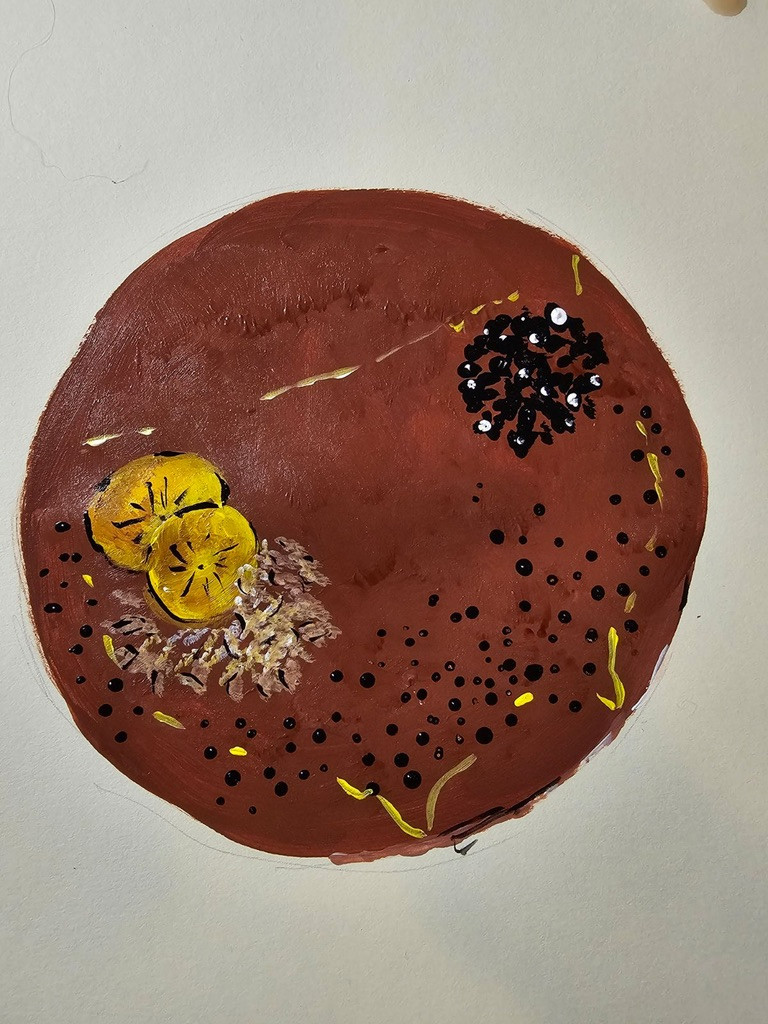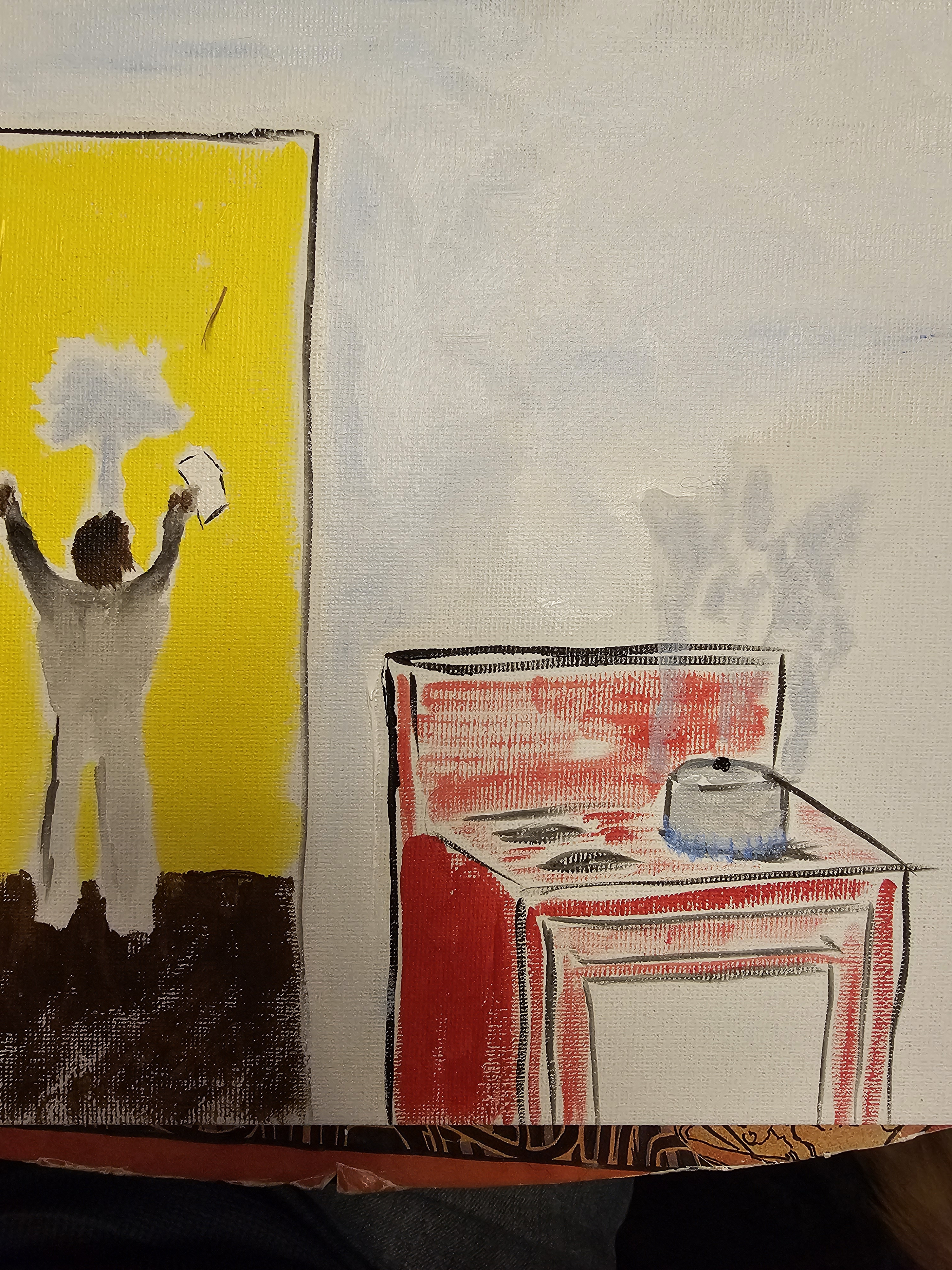
| IN HARMONY |
|
Soon,
many angry men would arrive, and there was still so much to be
done. It was not unusual, and Gelila thought it was happening
far too often. She and Dejen had worked many hours at their
jobs, and they had lived modestly and saved their money, and
they were the first of the families to purchase their own house.
It was not much. Three small
bedrooms and one bathroom and another the Americans called a
half bath. But it was more than they had ever had.
But then it became the meeting
place for all of her countrymen, and Gelila began to long for
the days in the low-income apartments where they were treated
like cattle but at least had a place to themselves.
“Where is your mind, Gelila?”
Kelemi barked. “The teff sits too long.”
“It has not been too long,
Mother. It has been four days now, and I have stirred it twice
this morning.”
“Then you stir too much.”
Genzebe went and stood between
her mother and her grandmother and looked into the large pot
with the fermenting teff, breathing in its musky, sour
smell.
“You like to argue,” she said,
looking from one to the other.
“Men argue,” her grandmother
said, laughing. “Women discuss.”
Soon they would begin the
assembly-line-like cooking of the injera, the gray,
spongy bread all of the other dishes would be eaten with.
The men had taken over
Gelila’s new home the week before to form their Issues
Committee, where they had drawn up a list of grievances they
planned to take to management at the beef-packing plant where
they all worked. They were men, she thought, brave and bold in
the living room and sheep on the killing floor.
She knew. She worked next to
them, as did so many of the other wives.
The men filled her living room
and spilled into the hallway, speaking loudly and waving their
arms in the air, while she, Kelemi, and Genzebe hurried to
refill their plates.
They would strike. They would
march in the streets. They would form a union just for
Ethiopians.
But they would not threaten to
leave. No one wanted to go back.
“Americans have a good word,”
Genzebe said. She and her mother and grandmother were cleaning
up after the men. Kelemi scraped and stacked the dishes, Gelila
scrubbed them in hot and bleachy water, and Genzebe dried.
“Americans have many good
words,” Kelemi said in Amharic, sarcastically. She did not like
Americans but loved America.
“What is the good word,
Genzebe?” Gelila asked.
“Blowhard.
It is men talking big about the many things they will do,
pretending to have power and strength they do not have.”
“Funny word,” Kelemi said,
bending over backwards and arching her back.
“Think of a whale blowing
water out of the top of its head.” Later, the three women sat quietly at the table over cups of tea and cold injera and smiled to one another. From Milly Mahoney-Dell'Aquila:
From Angelo Dell'Aquila:
|
HOME
FLASH O'DAY STORIES
MY BOOKS ODDS 'N ENDS |


